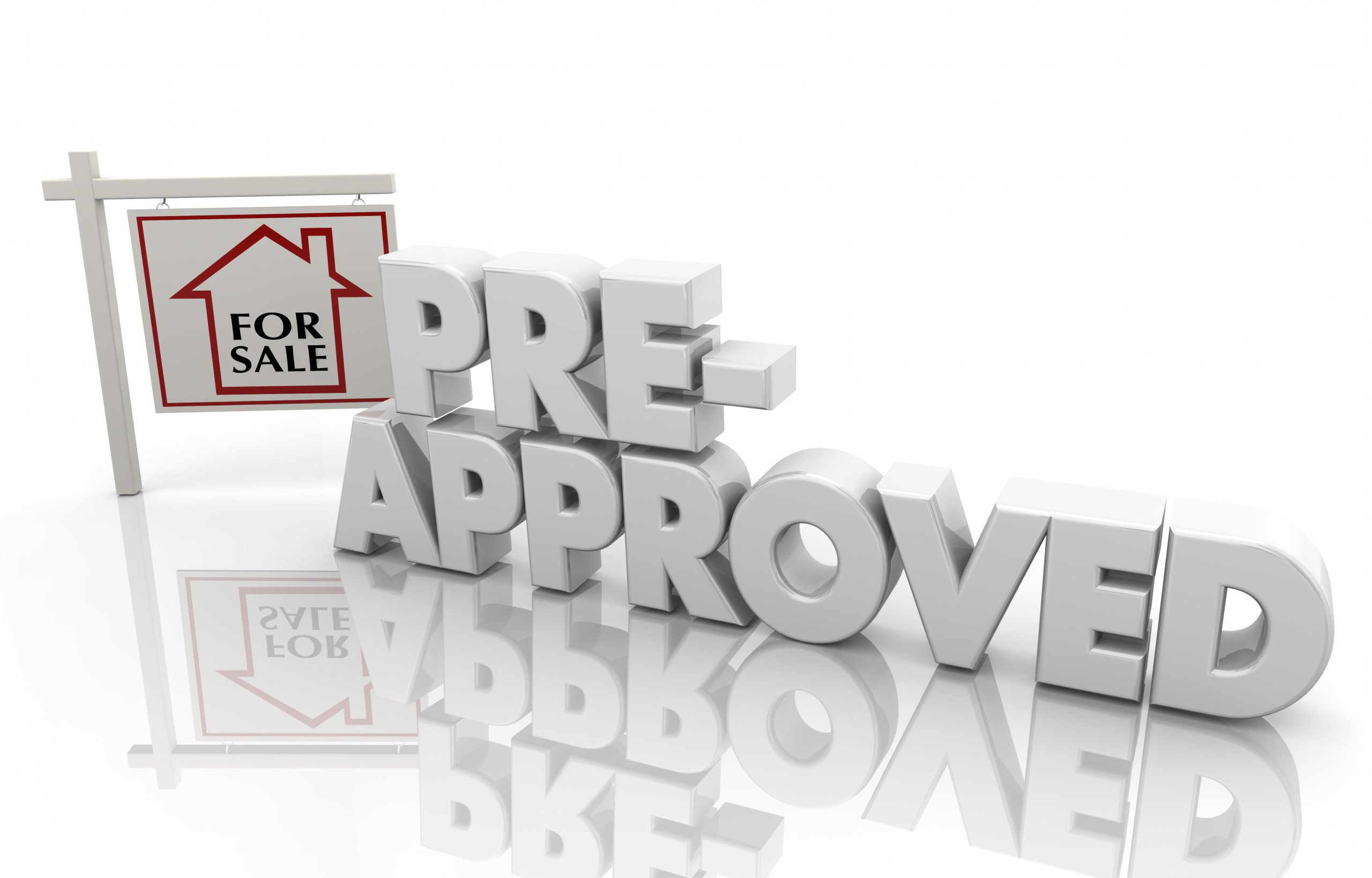Buying a home is one of the biggest financial decisions you’ll ever make—and while it’s…
Mortgage Forbearance: What It Is and How It Works
Life happens—and sometimes that means falling behind on mortgage payments due to illness, job loss, or other financial hardships. If you’re in this situation, you may have heard the term mortgage forbearance. But what does it actually mean, and how can it help?
At Rapid Home Loan, we believe in educating our clients so they can make informed decisions. Here’s everything you need to know about mortgage forbearance: what it is, how it works, and whether it’s the right option for you.
💡 What Is Mortgage Forbearance?
Mortgage forbearance is a temporary pause or reduction in your mortgage payments granted by your lender. It’s not forgiveness—you’ll still owe the missed payments—but it gives you breathing room while you get back on your feet.
Common reasons homeowners request forbearance include:
-
Job loss or reduced income
-
Illness or injury
-
Natural disasters
-
Divorce or separation
-
Economic crises (like the COVID-19 pandemic)
🔍 How Mortgage Forbearance Works
Here’s a simplified breakdown of how the forbearance process typically works:
-
You Request It: Contact your mortgage servicer and explain your financial hardship. You may need to provide documentation.
-
Lender Approves or Denies: If approved, your lender will outline the terms of the forbearance—how long it lasts and what happens afterward.
-
Pause or Reduce Payments: Forbearance typically lasts 3 to 6 months, but it can sometimes be extended.
-
Repayment Plan Begins: After forbearance ends, you’ll work with your lender to repay the missed payments.
🔄 What Happens After Forbearance?
Contrary to popular belief, you don’t have to pay back everything at once—unless that’s what you agree to. Lenders typically offer several repayment options, such as:
-
Lump-Sum Payment: Pay everything you owe at once (less common and usually optional).
-
Installment Plan: Spread the missed payments out over several months.
-
Loan Modification: Your loan terms may be adjusted to extend your repayment period.
-
Deferred Payments: Add the missed payments to the end of your loan term.
At Rapid Home Loan, we always encourage homeowners to discuss their options in detail before agreeing to any repayment plan.
⚠️ Pros and Cons of Forbearance
✅ Pros:
-
Buys you time during financial hardship
-
Helps avoid foreclosure
-
Doesn’t permanently damage your credit (if reported correctly)
-
Can keep your home while you recover financially
❌ Cons:
-
Missed payments still have to be repaid
-
Can complicate refinancing or future borrowing
-
May accrue interest during the paused period
-
Requires careful communication with your lender
🧭 Is Forbearance Right for You?
Forbearance is best used as a short-term solution during unexpected hardship. It’s not a long-term fix, but it can prevent foreclosure and give you time to recover.
You may want to consider forbearance if:
-
You’ve had a sudden loss of income
-
You’re facing medical bills or personal emergencies
-
You’re actively working toward financial recovery and just need a little time
If you’re unsure, Rapid Home Loan can help you assess your current mortgage situation and determine if forbearance—or another solution—is the right move.





